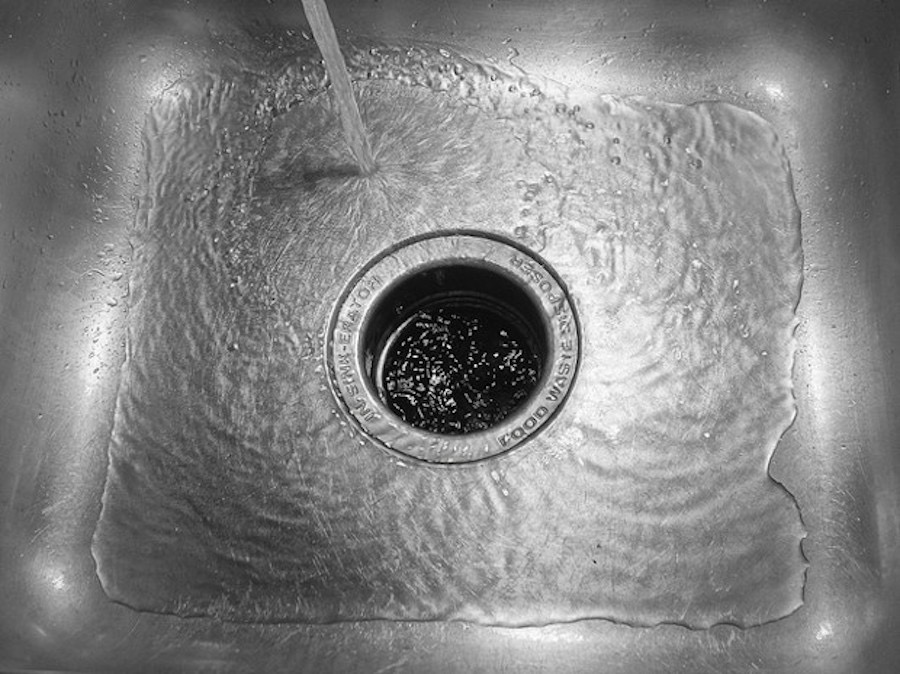A trashy plan to create good gas.

Between an in-sink garbage disposal and heaping food scraps into the trash, which is environmentally cleaner? The answer isn’t simple. Though disposals divert waste from methane-seeping landfills, they can also cause harmful organic matter to sneak into local waterways.
Done right, however, the pulverizing devices have one major ecological benefit: They can ensure food waste gets efficiently processed into biogas, a renewable energy that can be used for heat, electricity, and fuel.
For years, Philadelphia—like other cities—has culled food scraps and other types of organic detritus from the waste stream for conversion into biogas, which the city turns around to power its wastewater treatment facilities.
From our partners:
Now Philly is going all in on the biogas bet. As of January 1, the city’s building code now requires all new residential construction to include in-sink disposals. More disposals directing pulverized food waste into the city’s processing plant means more biogas that the city can rely on. The requirement will also cut back significantly on how much the city spends on lugging solid food waste from homes to landfills—roughly $3 million a year, according to city recycling director Phil Bresee.
Disposals haven’t always had the best reputation. Their convenience would seem to encourage wanton chucking of greasy leftovers, causing fragile sewer systems to clog. That assumption got disposals banned in New York City for decades, and more recently (and briefly) in Raleigh, North Carolina.
But Bresee says that the city’s waste system has more than enough capacity to withstand the food scrap slurry that disposals create.
[infobox]“Our water and wastewater treatment infrastructure was designed for a city of 2 million, with heavy industry,” he says. Philadelphia is now home to 1.6 million, and like most American cities, has seen its factories replaced by other types of commerce. “Bottom line is that our wastewater treatment has excess capacity.”
[/infobox]Not all cities have that kind of space, and not all cities are necessarily in a position to benefit from a building code requirement like Philadelphia’s. New York City, for example, is still building up robust biogas recovery infrastructure.
That said, collecting food waste and processing it into gas still requires far more energy than collecting it for compost. And slashing food waste before it enters the sink or bin is really the best option; research shows that it reduces energy impacts more than biogas does.
Bresee says Philadelphia’s new disposal requirement is just one part of its commitment to shrinking its environmental footprint, and that the city is looking at a number of other tactics for diverting organic waste.
“We haven’t determined yet what we think the most efficient way,” he says. “For a city with a diverse population, housing stock, and economy, we need to be flexible.”
This feature originally appeared in CityLab.

















